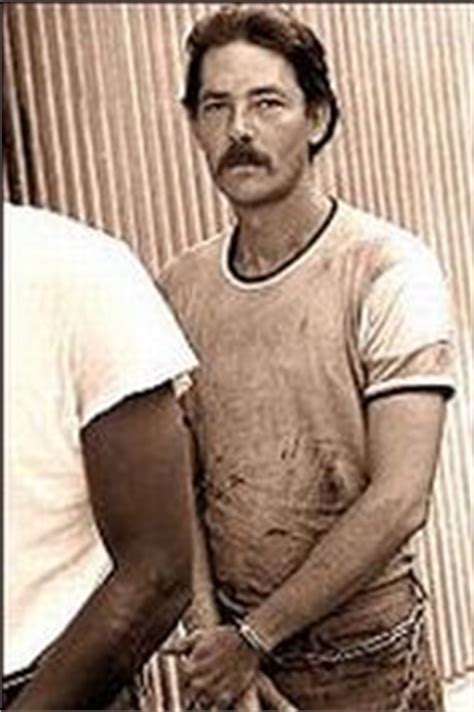A Quote by Thomas Mann
A solitary, unused to speaking of what he sees and feels, has mental experiences which are at once more intense and less articulate than those of a gregarious man.
Related Quotes
A lonely, quiet person has observations and experiences that are at once both more indistinct and more penetrating than those of one more gregarious; his thoughts are weightier, stranger, and never without a tinge of sadness. . . . Loneliness fosters that which is original, daringly and bewilderingly beautiful, poetic. But loneliness also fosters that which is perverse, incongruous, absurd, forbidden.
A curiously interested observer sees a great deal, a scientifically interested observer is worthy of all honor, and anxiously interested observer sees what others do not see, but a crazy observer sees perhaps the most, his observation is more intense and more persistent, just as the senses of certain animals are sharper than those of man.
The observations and encounters of a solitary, taciturn man are vaguer and at the same times more intense than those of a sociable man; his thoughts are deeper, odder and never without a touch of sadness. Images and perceptions that could be dismissed with a glance, a laugh, an exchange of opinions, occupy him unduly, become more intense in the silence, become significant, become an experience, an adventure, an emotion. Solitude produces originality, bold and astonishing beauty, poetry. But solitude also produces perverseness, the disproportionate, the absurd and the forbidden.
The philosopher is like a man fasting in the midst of universal intoxication. He alone perceives the illusion of which all creatures are the willing playthings; he is less duped than his neighbor by his own nature. He judges more sanely, he sees things as they are. It is in this that his liberty consists - in the ability to see clearly and soberly, in the power of mental record.
A man of genius is not a man who sees more than other men do. On the contrary, it is very often found that he is absentminded andobserves much less than other people.... Why is it that the public have such an exaggerated respect for him--after he is dead? The reason is that the man of genius understands the importance of the few things he sees.
The observations and encounters of a devotee of solitude and silence are at once less distinct and more penetrating than those of the sociable man; his thoughts are weightier, stranger, and never without a tinge of sadness. Images and perceptions which might otherwise be easily dispelled by a glance, a laugh, an exchange of comments, concern him unduly, they sink into mute depths, take on significance, become experiences, adventures, emotions.
A great many wise sayings have been uttered about the effects of solitary retirement; but the motives which impel men to seek it are not more various than the effects which it produces on different individuals. One thing is certain, that those who can with truth affirm that they are "never less alone than when alone," might generally add that they never feel more lonely than when not alone.
What the immune system of man has in its advanced development is what we call immunological memory, so that once it sees something for the first time, when it sees it the second or the third time, it can respond against it in a way that's much more accelerated than when it sees it for the first time.
love is thicker than forget more thinner than recall more seldom than a wave is wet more frequent than to fail it is most mad and moonly and less it shall unbe than all the sea which only is deeper than the sea love is less always than to win less never than alive less bigger than the least begin less littler than forgive it is most sane and sunly and more it cannot die than all the sky which only is higher than the sky




































